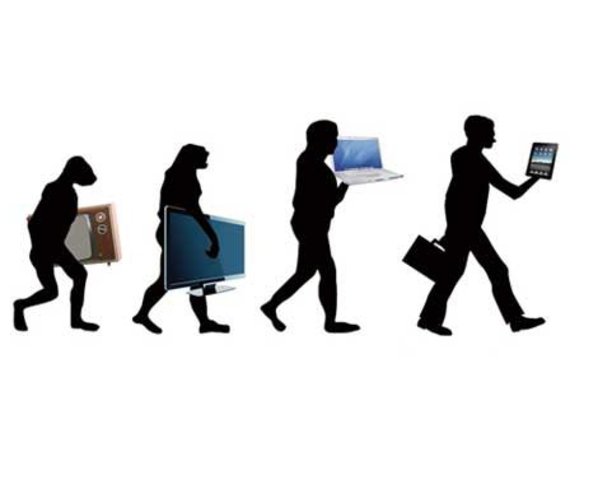Introduction
Since the dawn of civilization, humans have been driven by curiosity and ingenuity to understand the world around them and improve their lives through innovation. Over millennia, the evolution of science and technology has propelled humanity forward, revolutionizing every aspect of society and shaping the course of history. From ancient discoveries to modern breakthroughs, let us embark on a journey through the remarkable evolution of science and technology.
Ancient Civilizations:
In ancient Mesopotamia, Egypt, Greece, and China, early civilizations made pioneering advancements in mathematics, astronomy, medicine, and engineering. The invention of writing facilitated the recording of knowledge and the development of complex societies. In Mesopotamia, the Babylonians devised mathematical systems and astronomical observations, laying the groundwork for later scientific inquiry. In ancient Egypt, innovations such as the pyramids, irrigation systems, and medical practices showcased the remarkable engineering and medical knowledge of the time.
Classical Antiquity:
During the classical period in Greece and Rome, thinkers such as Aristotle, Archimedes, and Hippocrates made significant contributions to various fields of science and technology. Aristotle’s works laid the foundation for natural philosophy, while Archimedes’ discoveries in mathematics and engineering revolutionized ancient technology. Hippocrates, known as the father of medicine, introduced ethical standards and empirical observation into medical practice.
The Middle Ages:
The Middle Ages witnessed the preservation and transmission of ancient knowledge by Islamic scholars in the Islamic Golden Age. Arab mathematicians, astronomers, and physicians made groundbreaking discoveries in algebra, optics, and medicine, which later influenced European scholars during the Renaissance. In Europe, the invention of the printing press by Johannes Gutenberg revolutionized communication and facilitated the spread of knowledge.
The Scientific Revolution:
The Scientific Revolution of the 16th and 17th centuries marked a transformative period in the history of science and technology. Visionary thinkers such as Copernicus, Galileo, Kepler, and Newton challenged traditional beliefs and laid the foundations of modern science. Copernicus’ heliocentric model of the universe, Galileo’s telescopic observations, Kepler’s laws of planetary motion, and Newton’s laws of motion and universal gravitation revolutionized our understanding of the cosmos and the natural world.
The Industrial Revolution:
The Industrial Revolution of the 18th and 19th centuries ushered in an era of unprecedented technological innovation and economic growth. Advancements in steam power, mechanization, and mass production transformed agriculture, industry, and transportation. Inventions such as the steam engine, spinning jenny, and telegraph revolutionized manufacturing, communication, and commerce, laying the groundwork for modern industrial society.
The Modern Era:
In the 20th and 21st centuries, rapid advancements in science and technology have reshaped the world in profound ways. The advent of electricity, telecommunications, computers, and the internet has transformed every aspect of daily life, from communication and transportation to healthcare and entertainment. Breakthroughs in fields such as genetics, space exploration, nanotechnology, and artificial intelligence continue to push the boundaries of human knowledge and capability.
Conclusion:
The evolution of science and technology is a testament to human ingenuity, curiosity, and collaboration. From ancient discoveries to modern breakthroughs, the quest for knowledge and innovation has propelled humanity forward, shaping the course of history and revolutionizing every aspect of society. As we stand on the brink of a new era of scientific and technological advancement, let us continue to embrace the spirit of exploration, discovery, and progress to create a brighter and more prosperous future for all.


